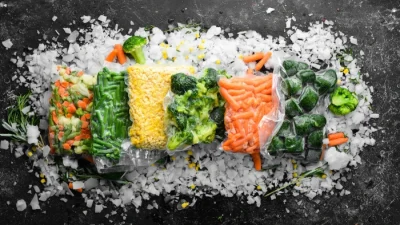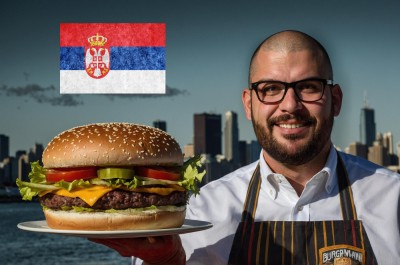Healthy Diet During Exams: What Should You Eat To Study Better?
Warning: Undefined variable $post in /home/dietofli/public_html/wp-content/plugins/code-snippets/php/snippet-ops.php(584) : eval()'d code on line 3
Warning: Attempt to read property "ID" on null in /home/dietofli/public_html/wp-content/plugins/code-snippets/php/snippet-ops.php(584) : eval()'d code on line 3
The estimated reading time is 3 minutes
Warning: Undefined variable $post in /home/dietofli/public_html/wp-content/plugins/oxygen/component-framework/components/classes/code-block.class.php(115) : eval()'d code on line 3
Warning: Attempt to read property "ID" on null in /home/dietofli/public_html/wp-content/plugins/oxygen/component-framework/components/classes/code-block.class.php(115) : eval()'d code on line 3
Examination time is probably the most stressful period in a student’s academic journey. You have an entire semester’s revision work to do, not to mention the piled-up academic writing assignments from each subject. Even if you hire a writing service such as https://researchpapers.io to assist you with your academic writing assignments, finding time to settle down for a meal can be a tall order. However, skipping meals or eating unhealthy meals comes at a cost. You find yourself physically and mentally drained, drowsy all the time and in worst cases, you even fall ill.
The good news is that there are healthy foods and diets to nourish your mind and body during this stressful period and ensure optimal physical and brain activity for your examinations. So set aside those unhealthy foods and energy drinks and have these healthy meals to maintain your energy.
Brain food suggestions
1. Eggs
Eggs are among the most flexible foods on the planet. There are numerous ways in which you can have your eggs- boiled, fried, poached, eggs on toast- however, you like them. Eggs are perfect for breakfast and will leave you feeling fuller for longer. A single egg comprises of 6 grams of protein, vital nutrients, vitamin B12, and below 100 calories depending on how you prepare it.
2. Dark leafy green vegetables
Remember how your mother was so strict about you having your vegetables when you were young? “If you don’t eat your vegetables, you will not have any dessert,” is a phrase some of us know all too well of. Well, it is probably because dark leafy green vegetables are a great source of essential vitamins such as vitamin K for the generation of pathways in your brain. Vitamin B6 and vitamin B12 helps improve memory and alertness, and antioxidants and nitrates.
Examples include spinach, kale, broccoli, and chard just to mention a few of the common ones.
3. Oily fish
Sardines, mackerel, herring, and salmon are some of the healthiest fish in existence. They consist of a lot of omega-3 and protein which are necessary for optimum brain function. Students can prepare sardines and toast and use the whole-wheat bread for a healthy, long-lasting meal, combining vitamins, proteins, and complex carbohydrates.
4. Peanut butter
We tend to get hungry a lot in between meals when our brains are overactive or when trying to memorize your notes. Peanut butter is a perfect, healthy snack, contrary to what people think, to keep the hunger at bay. It is packed with proteins and healthy fats and just one scoop will keep you full before you have your next meal. You can mix it in your porridge or have it in form of nuts.
5. Fresh fruits
Fruits can also be a great snack to boost your sugar levels. You can have any fruit from a banana to berries.
6. Green tea
Green tea is a great substitute for caffeine. It is packed with antioxidants that will help improve your concentration.
7. Water
As they say, 90 percent of our body matter is made up of water. Hydration is very important especially if you are overworking your brain with studying. You can have coconut water for nutrients or chamomile tea to calm your nerves. Keep in mind the required daily intake of water in order to stay hydrated.
Have your meals in small portions as opposed to having 3 heavy meals. This way, you will have a consistent supply of energy to your overworked brain.














